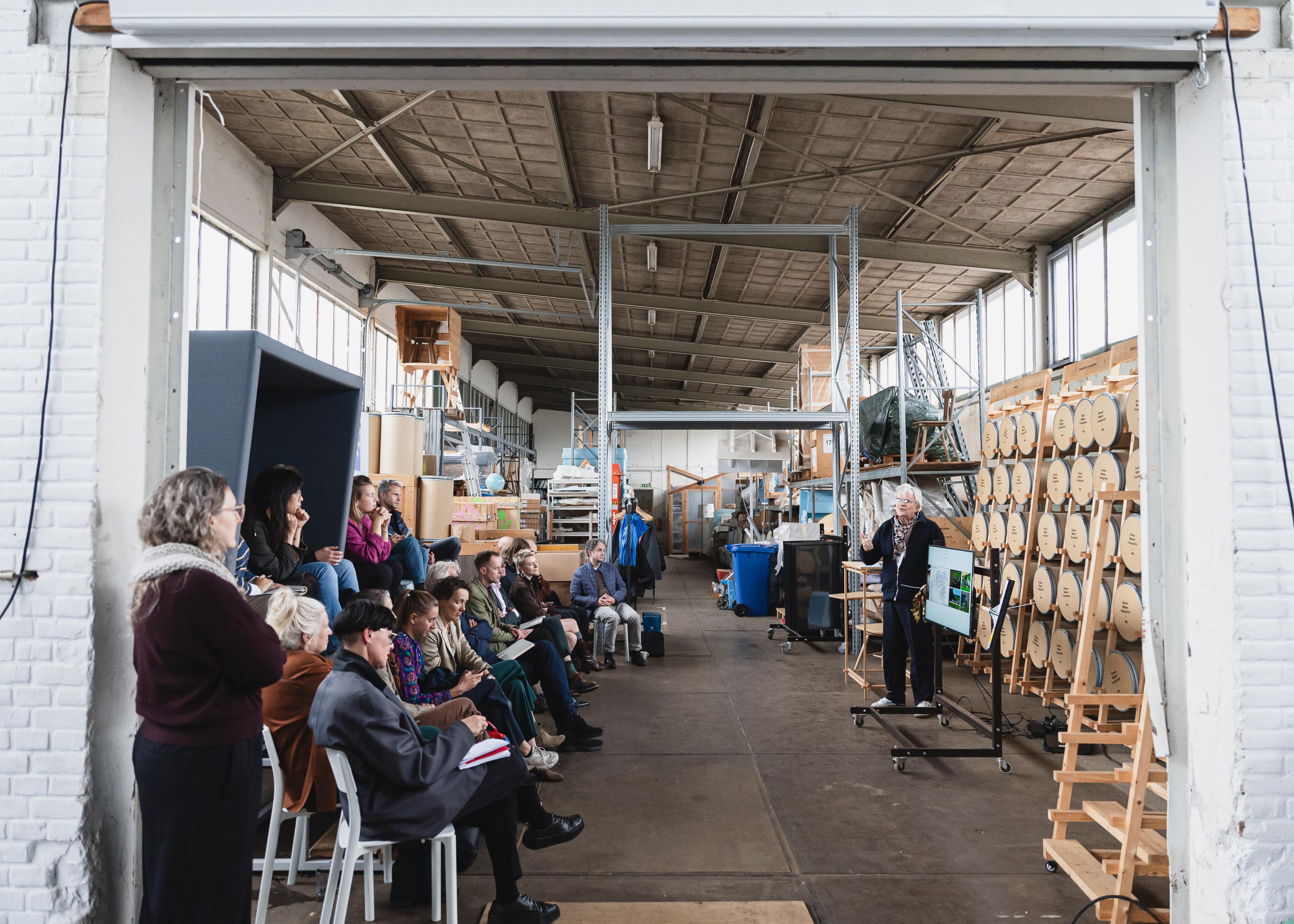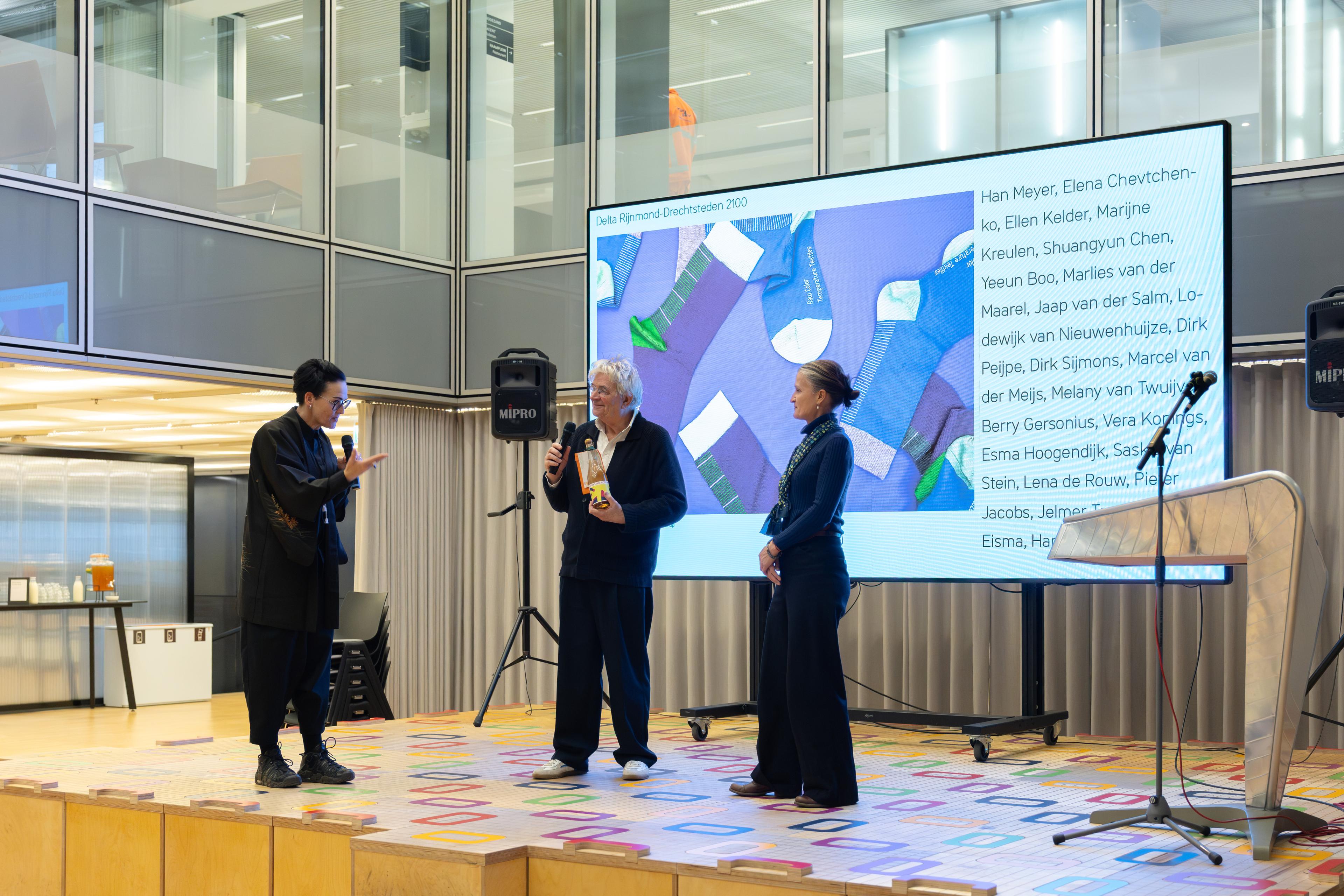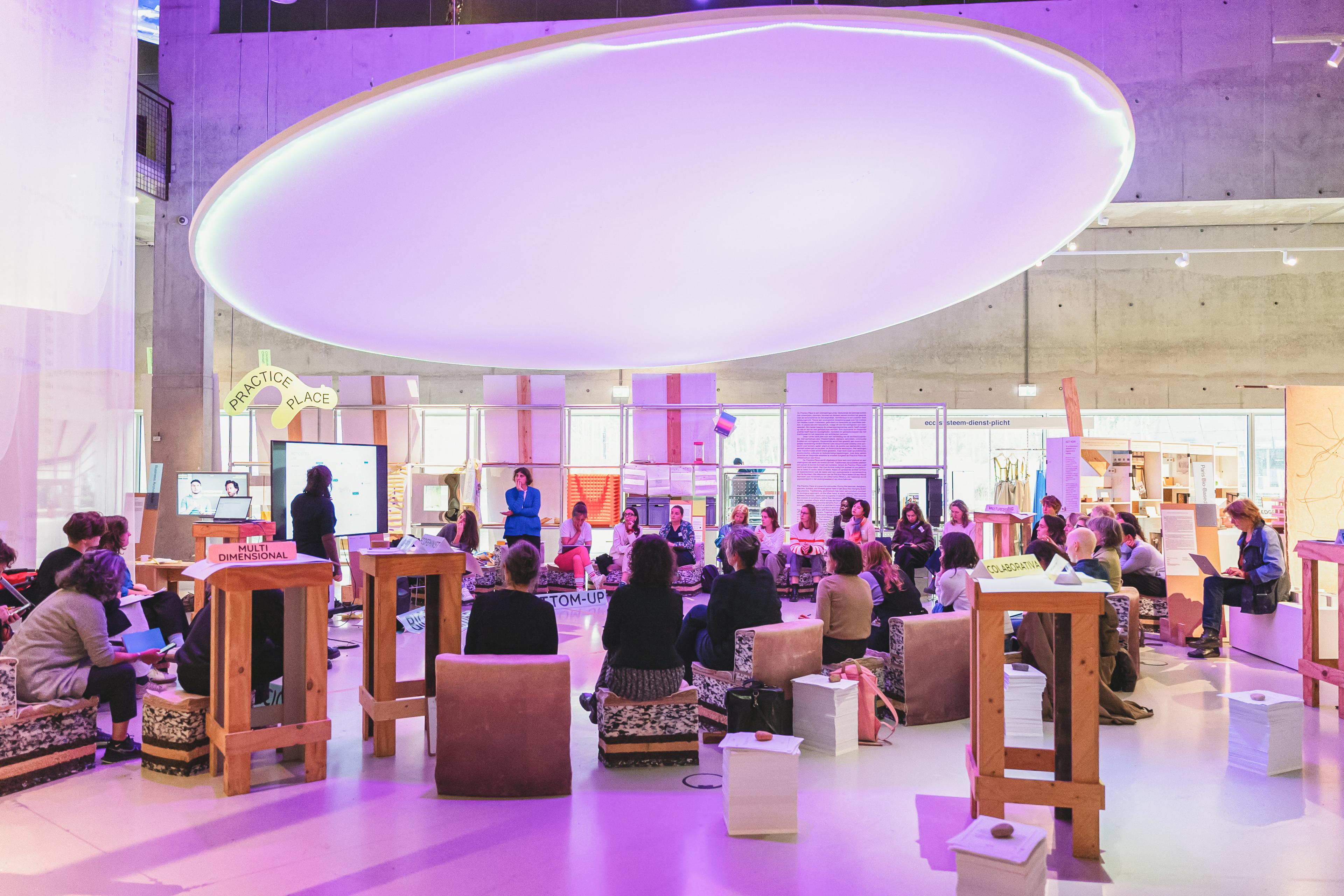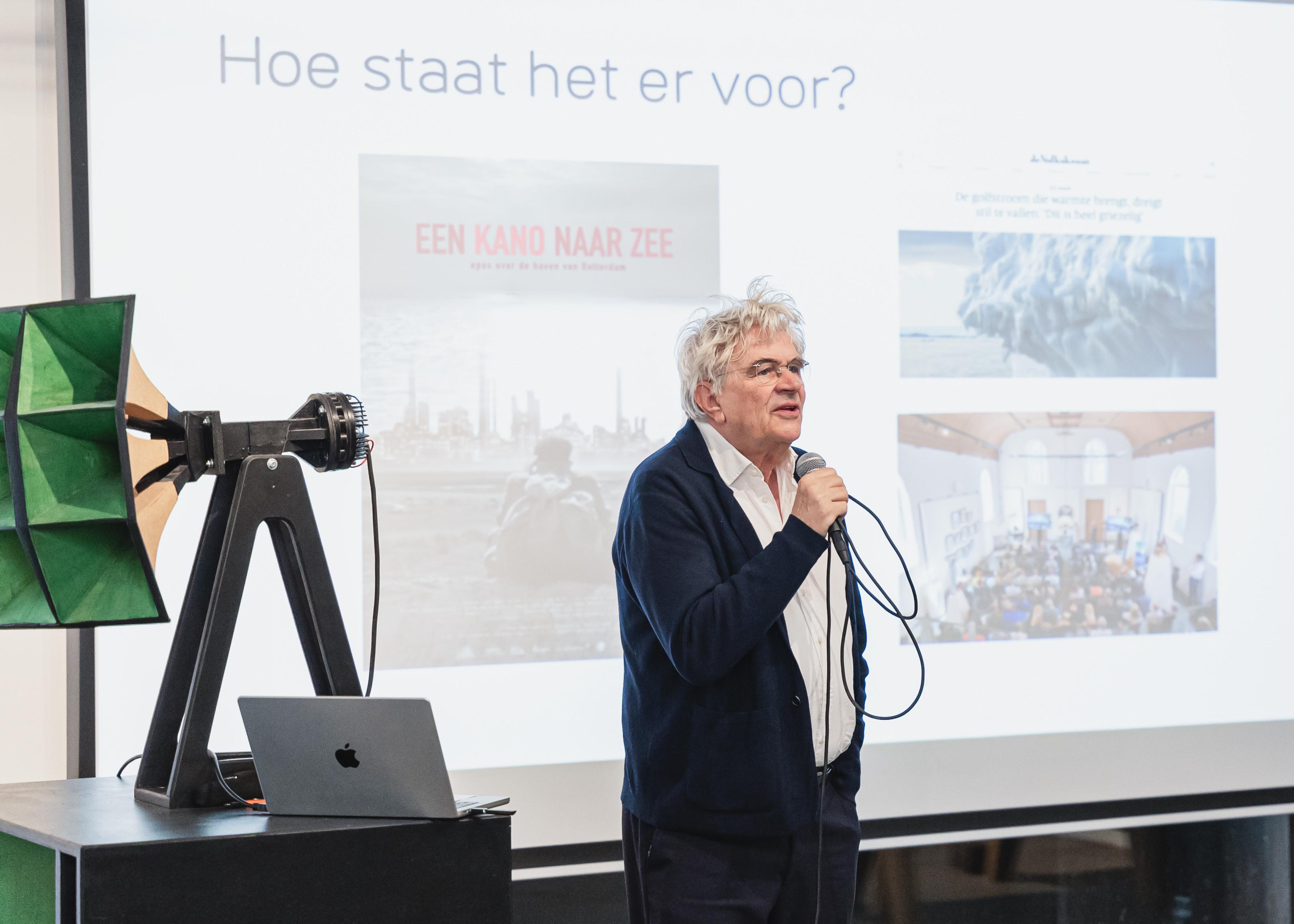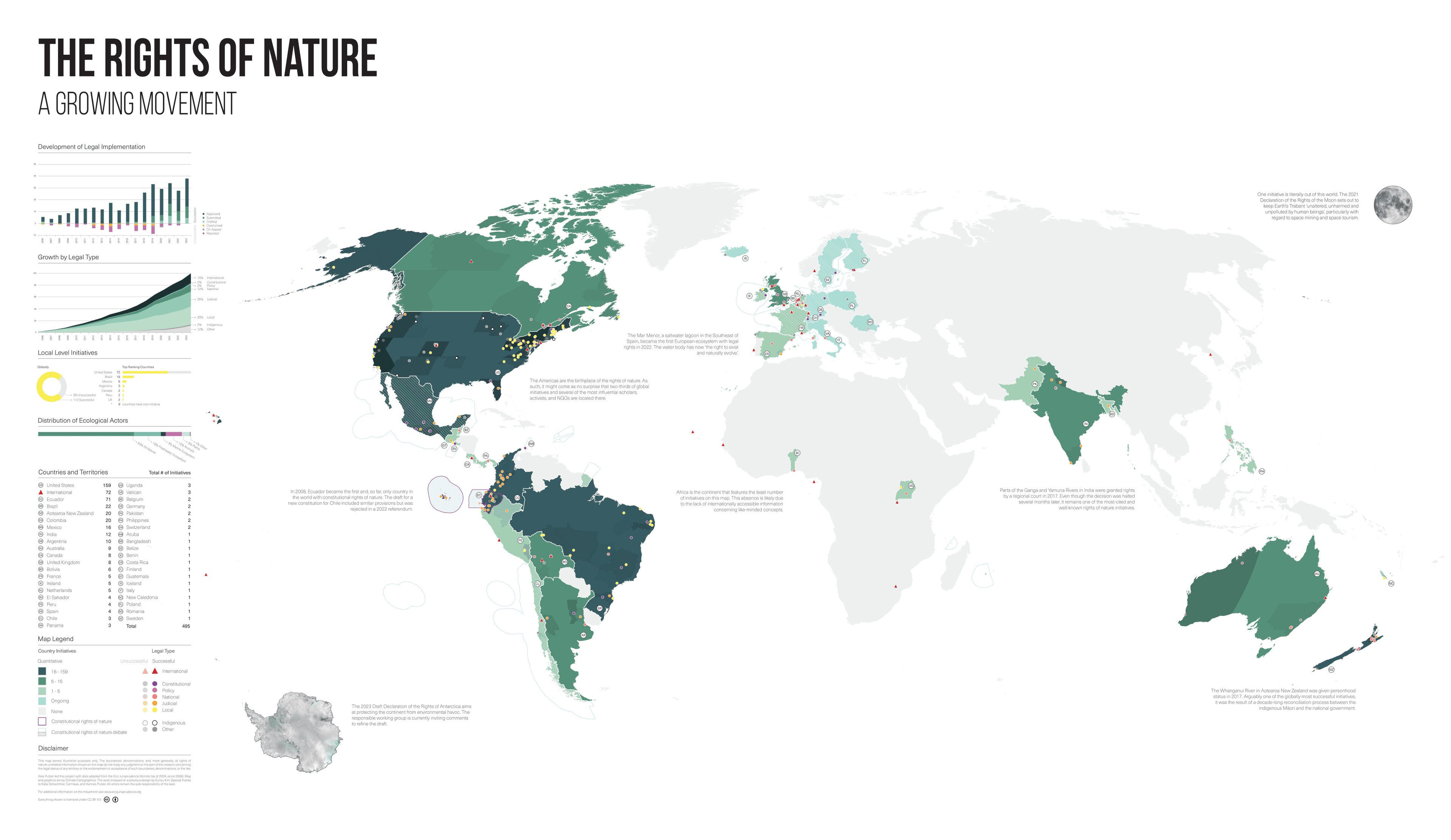On 24 October, the fourth working session of the IABR–Atelier Delta DPRD 2100 took place at Studio Makkink & Bey’s atelier in the Waterschool in Rotterdam. The day was devoted to City and Hinterland, particularly the interrelated future of agriculture, landscape, and urbanization in the delta. From ecological, hydrological, and spatial perspectives, participants explored how rural areas might develop in light of the challenges of climate adaptation and the transition of the food system.
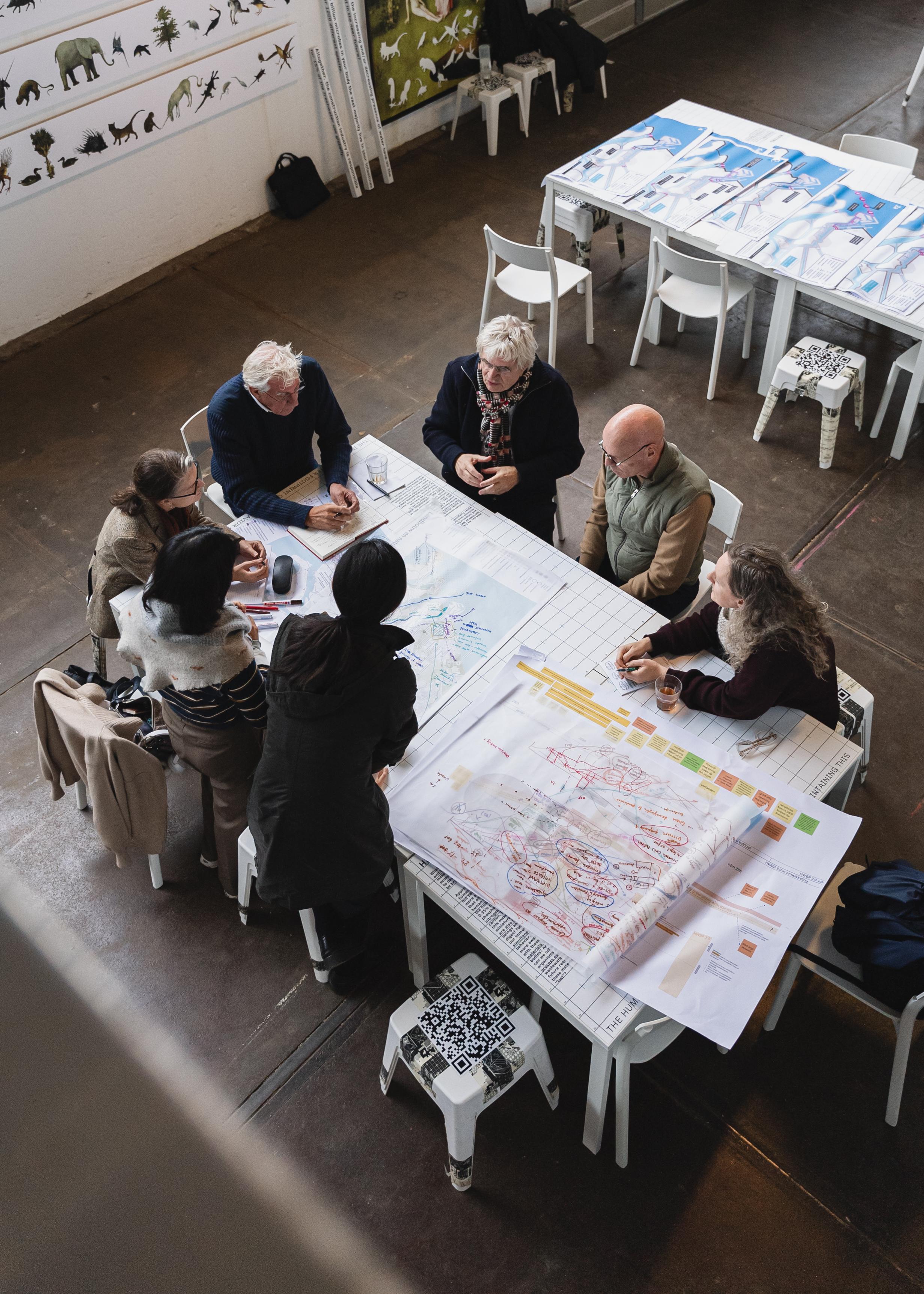
The Interrelation of City and Hinterland
The afternoon began with an introduction by the lead designers, who outlined the interrelation between city and hinterland as a crucial component of the regional transition. Dirk Sijmons (landscape architect and curator) then guided participants through the past and future of agricultural land. He introduced three possible ‘escape routes’ for the agricultural system:
- Industrial, in which technology creates space for nature
- Organic, driven by empathy for non-human life
- Agroecological, in which a change in diet forms the key
Participants were introduced to this last route over lunch and drinks, with dishes based on seaweed and samphire. Dirk Sijmons also pointed to the intractable reality that farmers wishing to shift to another form of farming often run up against an economic system that does not reward public services such as water retention and biodiversity. High land prices and debt place considerable pressure on their room for maneuver.
Climate Reality in the Delta
Next, Werenfried Spit (KNMI) sketched the contours of a Netherlands facing 2.5 degrees of warming: hotter, drier (15 - 35 percent), and at the same time wetter (4 - 7 percent), with a steadily rising sea level and increasingly erratic river regimes. Bart Maas (Deltares) addressed the growing pressure of cluster showers and the distinction between water nuisance and flooding. He argued for an integrated approach to risks in which the combined effect on both urban and rural areas takes center stage.
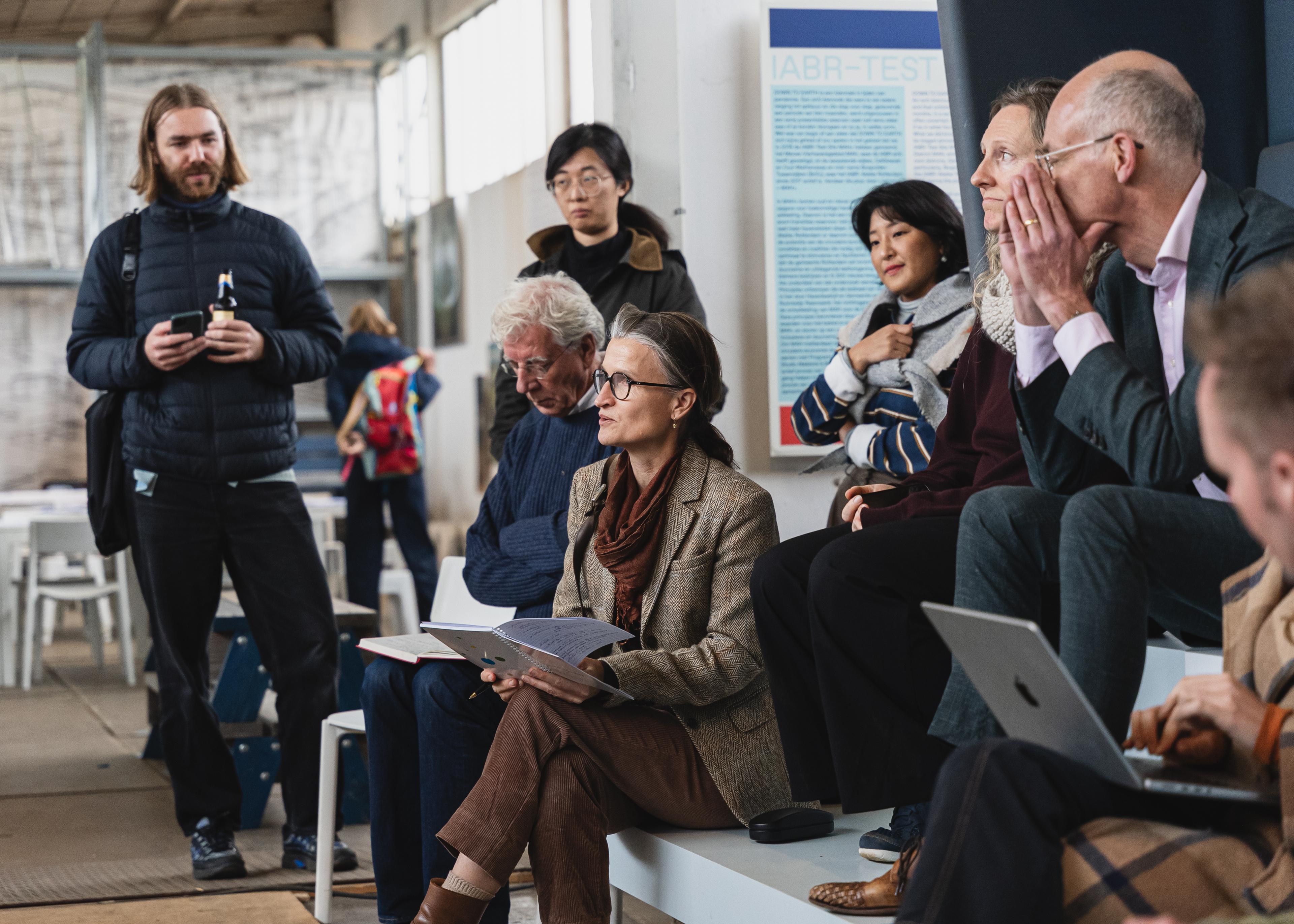
Research by Design
As the session continued, Jelmer Teunissen and Lodewijk van Nieuwenhuijze presented the progress of the Research by Design. Elena Chevtchenko (PosadMaxwan) and Jasper van Hugtenburg (H+N+S) explained their proposals, in which design is used to imagine new relationships between cities, agriculture, and water. While PosadMaxwan focuses on the future of the Port, H+N+S investigates the possibilities of working with natural processes.
Dialogue during Breakout Sessions
During the thematic breakout sessions, participants discussed the challenges for the region in smaller groups. The conversations centered on the role of agriculture in water management, food production close to the city, and the need for new forms of collaboration between farmers, policymakers, and designers.
The next working session will take place on 12 November and will focus on governance and transition: how to organize collaboration, steering, and decision-making to realize the necessary changes toward a climate-resilient delta.
